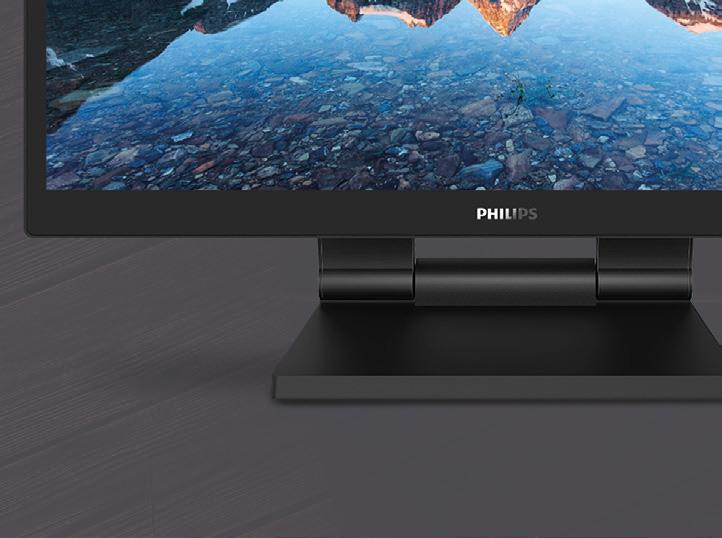how the retail industry adopted AR and AI
The COVID-19 pandemic undoubtedly forced the retail industry into rapid digital transformation, which, otherwise, might have taken years to achieve. During the pandemic, many shopping brands were leveraging emerging technology to bridge the gap between online and in-store experiences and revolutionise the way consumers shop.
Smartphones have been a huge driving force, enabling transactions at our fingertips and in-store advancements.
Digital transformation in retail enables a shift from a product-centric model to a customer-centric model. This shift will help create a more immersive experience for the shoppers and offer more ‘retailtainment’ opportunities to customers. It is not only the consumer that will benefit from this shift. Technology can help retailers gain better insights into buyer trends and experience.
Augmented Reality (AR)
Immersive technologies such as Augmented Reality (AR), Virtual Reality (VR) and 3D modelling applications are emerging shopping experiences that offer consumers a convenient and safe ‘trybefore-you-buy’ experience, tailored to their individual needs. AR in retail has the power to let consumers shop happier and purchase with more confidence.
Smart mirrors are effective tools that transform changing rooms. Using AR, artificial intelligence
and gesture, consumers can try on outfits and change in seconds. Although this is still in the early days of adoption, within the next year 100 million consumers are expected to shop using AR either online or in-store .
Artificial intelligence (AI)
Digital transformation is also about converting data into insights and converting insights into actions. Retailers can leverage AI for improved customer experience and efficient operation. In some ways retailers are already utilising AI in CRM software such as identifying which consumers are likely to buy certain products.
However, AI can take this further. Take Amazon Go, for example, the unique shopping experience that blends the physical and digital worlds. Amazon Go have replaced barcodes and cashiers with machine learning algorithms, computer vision and sensors to track shoppers. Customers simply have to enter the store, pick up the items they want and leave.
AI has the potential to create a completely unique user-orientated shopping experience. By storing data based on purchase history, lifestyle, preferences and creditworthiness, retailers can take advantage of this and offer personalised recommendations. Technology is constantly evolving, and so are consumers. Digital transformation enables retailers to stay ahead of the curb and predict what consumers will want next.
16



















fenwick


fenwick
























STAY UP-TO-DATE WITH THE LATEST RETAIL SOLUTIONS 01379 649200 VISIT RETAIL PORTAL




































































